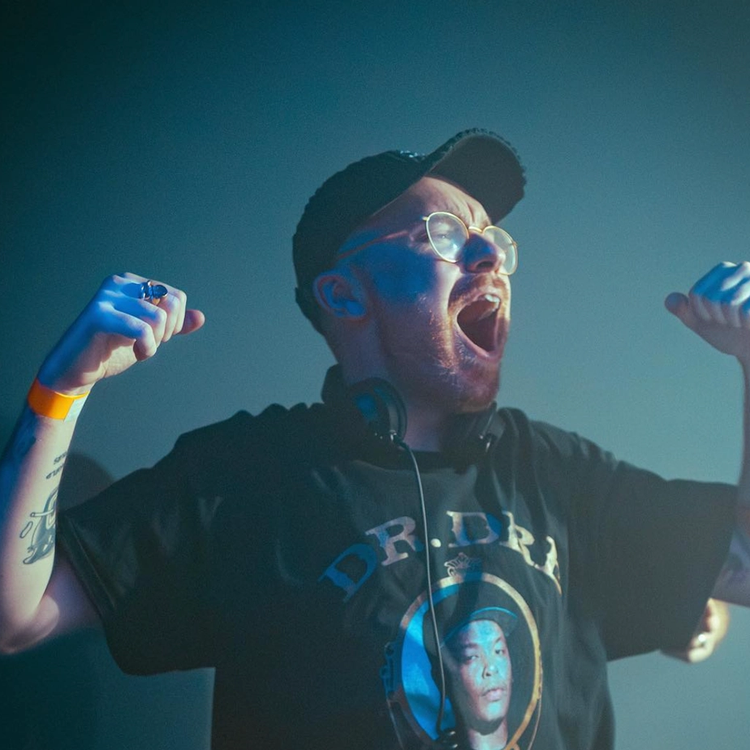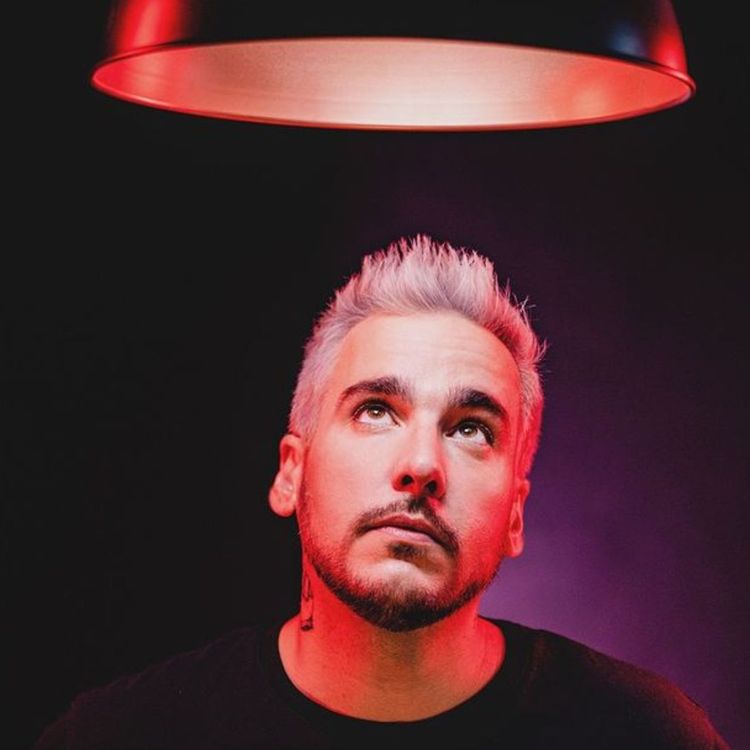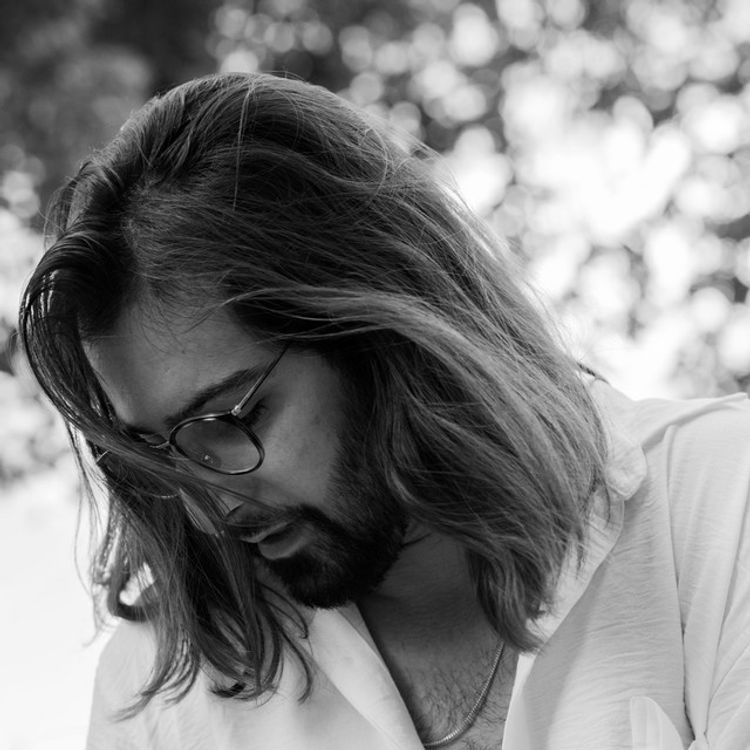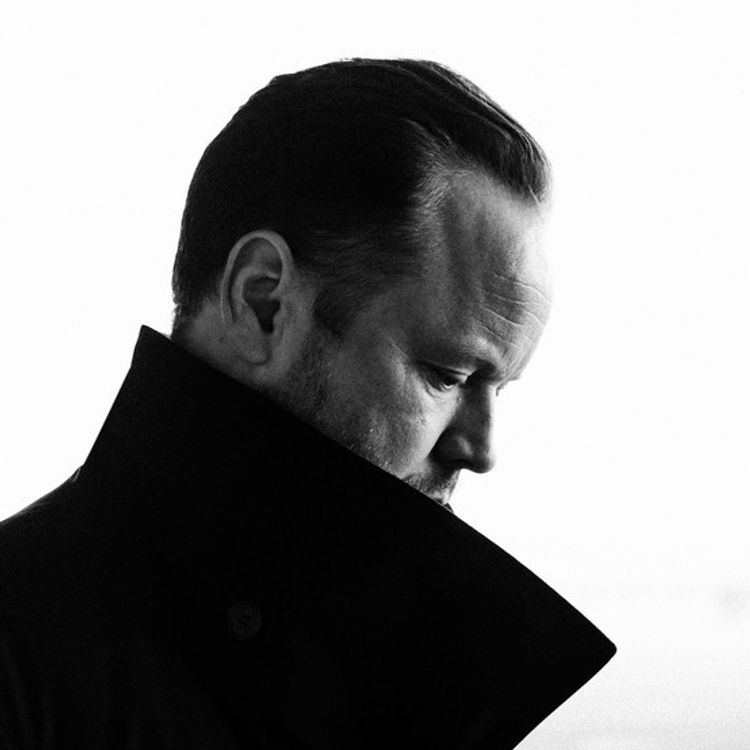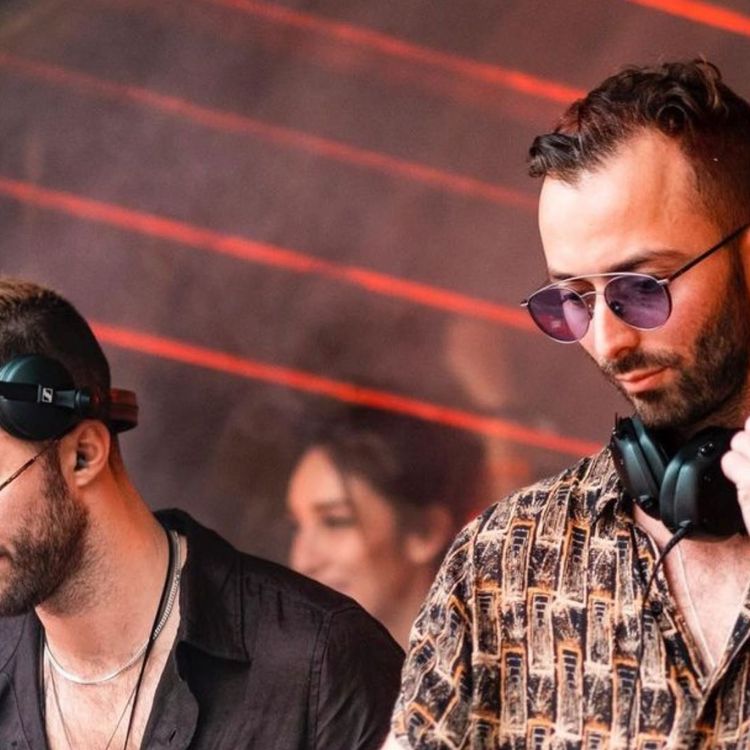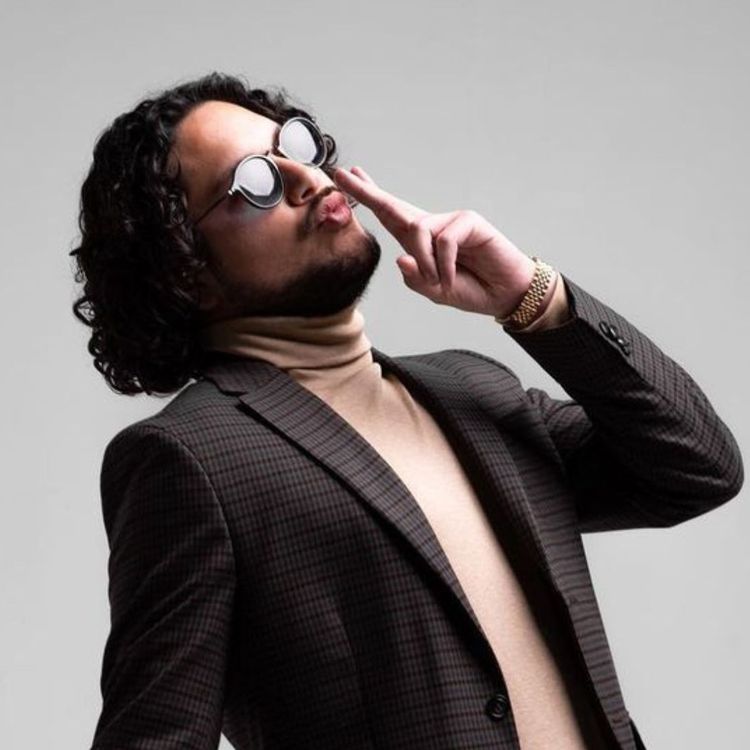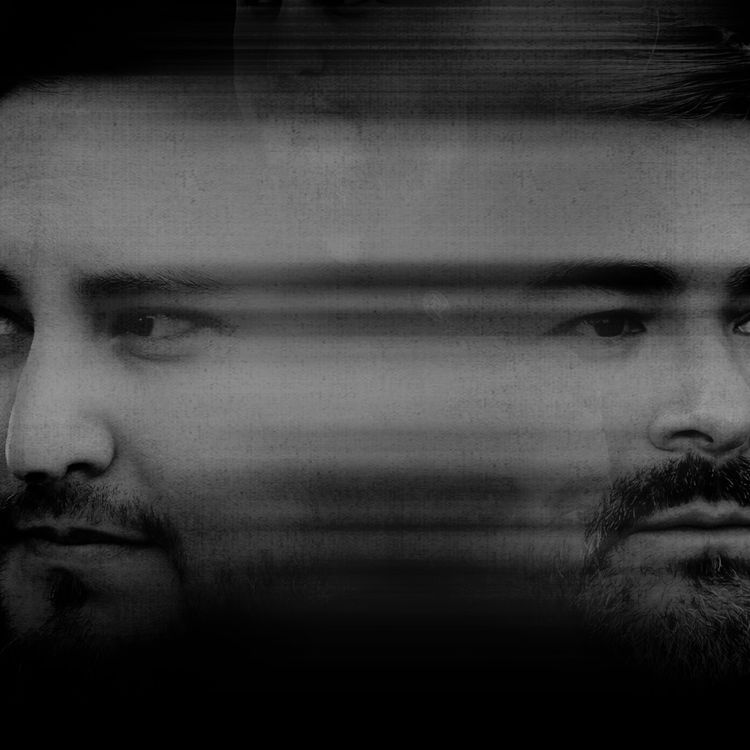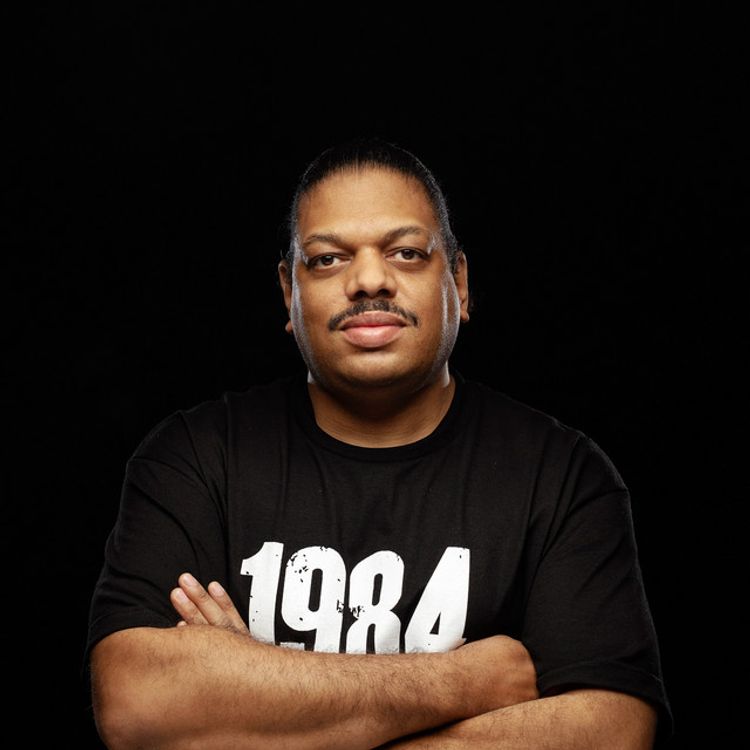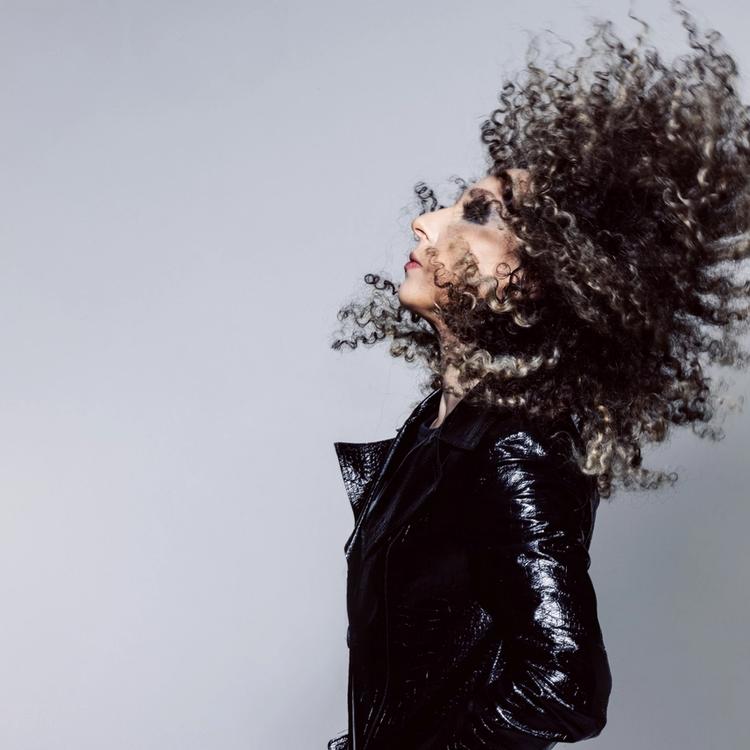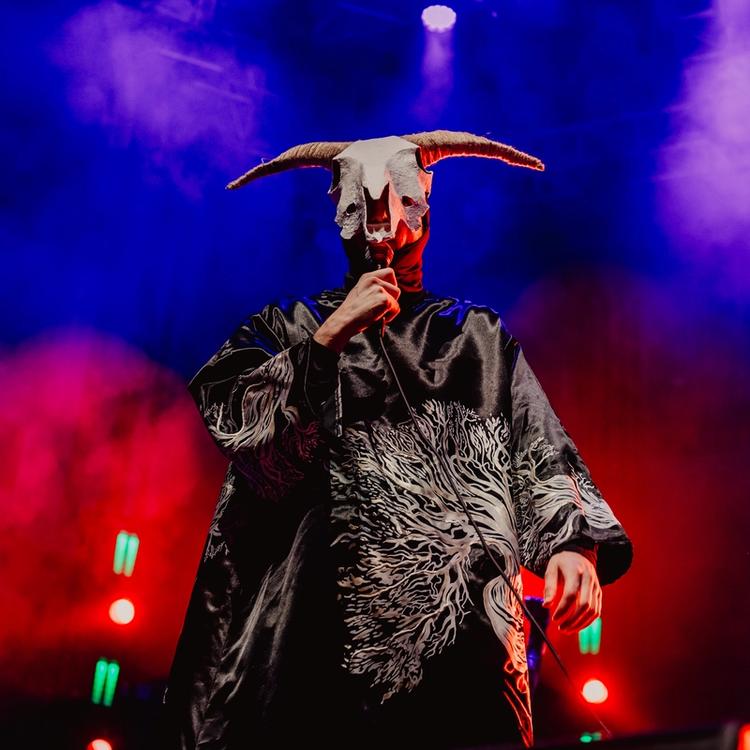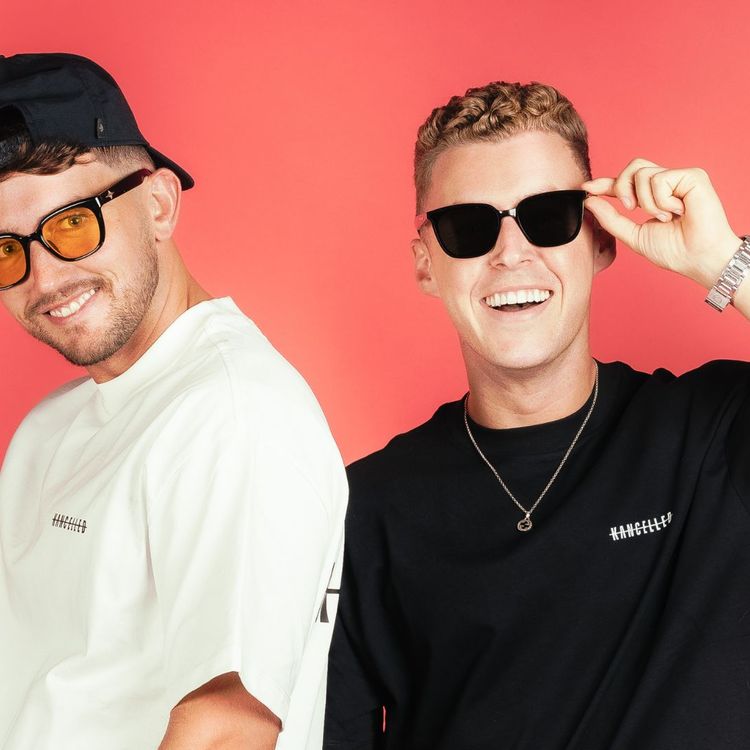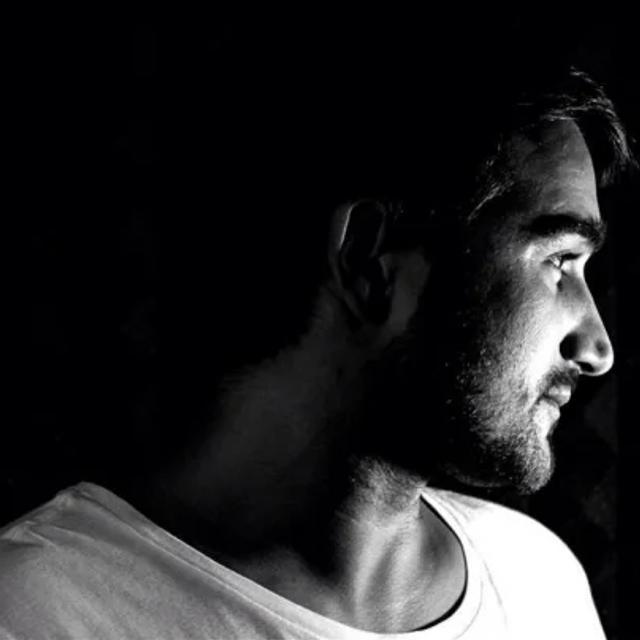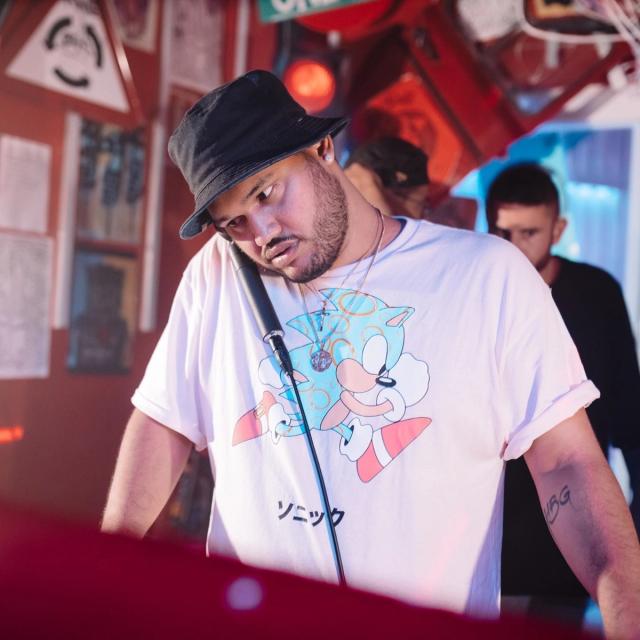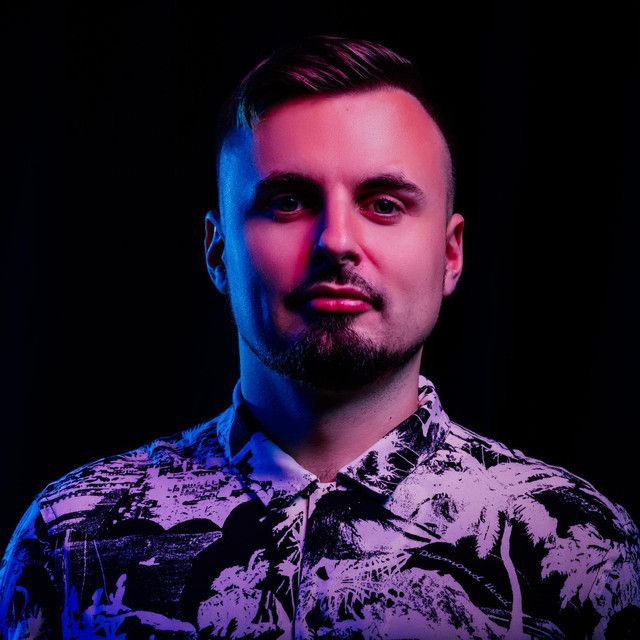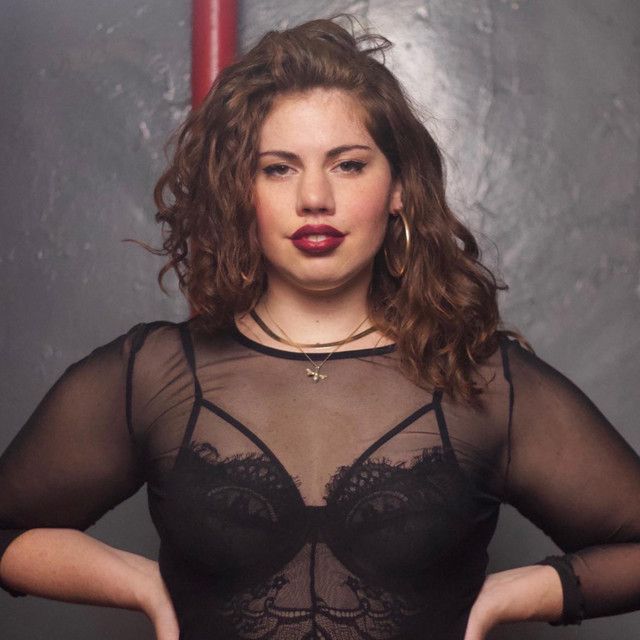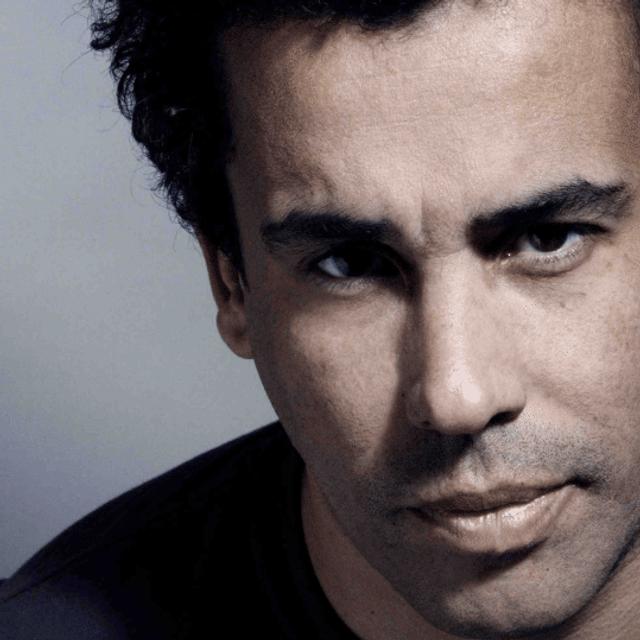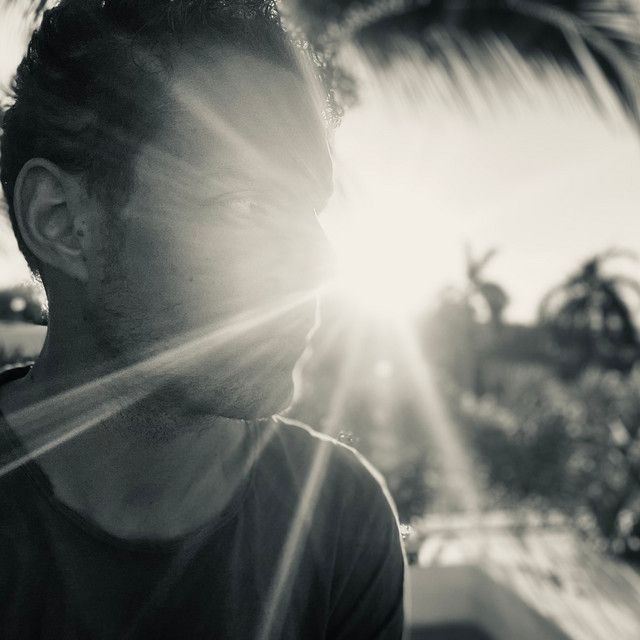Artist Spotlight
If you asked Nakadia to describe herself in one word, she would instead offer two: “Positive energy.” The Thailand-born, Berlin-based DJ and producer has a vibrant, bubbly personality that lights up a room. When she’s behind the decks, she dances without abandon. But the root of her positive energy runs much deeper than what others simply see or hear. Having overcome numerous obstacles in her life, Nakadia learned early on the importance of never giving up, hard work, and always finding the silver lining.
These character traits have served her well, especially in her career. For nearly two decades, Nakadia has risen through electronic music’s ranks with her bold techno sound and unrelenting work ethic. Along the way, she helped elevate Thailand’s underground music scene while playing international gigs nearly every weekend. In addition to releasing music on labels such as Intec, Set About, and Filth On Acid, she has performed at ADE, Tomorrowland, and Loveparade, where she played to over a million spectators.
Any of these events could place as an artist’s greatest achievement, but Nakadia’s answer surveys the bigger picture. “I did my career by myself,” she says. “Even 20 years now in the business, [I’m] always growing. I’m walking on the stairs step by step… I don’t take a lift.”
Independence has been a mainstay in Nakadia’s life since childhood. The daughter of farmers, she grew up in a small village in Thailand’s Isan region with no running water or electricity. “We were poor,” she recalls, “but I am happy because we did not miss anything.” One of her daily chores was fetching large buckets of water from a nearby lake for home use. Rather than pay attention in school, she dreamed of traveling and owning a business.
When Nakadia was 15, she embarked on that dream, leaving home to work in factories—but seeing the same people every day eventually wore on her.
“I love to always change something, look for something new,” she says. First, she found a job at a mall in a sticker shop, then at an Internet café. In the café, Nakadia began learning English by using chat rooms to connect with people from around the world. Soon after, she made a friend (and eventual manager), Sebastian, who invited her to visit him in Germany.
Nakadia had, in some ways, practiced DJing before she knew what a DJ was. Back in the village, she blasted cassette tapes from her brother’s boombox, occasionally taking requests from the neighbors. Later, when she shared an apartment with six other girls in the city, she soundtracked their private rooftop parties with pop music and samba. And at the Internet café, she handpicked and played new music for the patrons.

During her first trip to Germany in 2002, Nakadia visited a nightclub headlined by Marusha. She instantly noticed how the people faced and revered the DJ on stage, and the rush the pounding techno gave her. “My hair stood up like, wow,” she remembers, “and I wanted to be a DJ in that moment. I love to party anyway, so why not make this a job then?”
She returned to Thailand with two records but nothing on which to play them, so she practiced beat-matching and mixing on a local club’s turntables during the day. The following year, Nakadia returned to Germany and spent three months improving her vinyl skills by day and observing DJs by night. By the end of her stint, she’d successfully played at a club in Hanover.
While her reception in Germany was enthusiastic, Thailand’s electronic scene—then dominated by men and commercial music—was less open. Nakadia recalls multiple club owners saying she’d need to change her sound to get booked. Even after moving to the nearby island of Koh Samui, a destination spot for European tourists, she endured multiple rejections in an attempt to DJ on her terms. Finally, someone bit—but with a caveat. “The place was really small, like it can fit 150 people,” she remembered. “But I was so happy that he said yes… He let me play kind of early when the staff get ready to drink, and there was nobody on the dancefloor yet. Then the managers like, ‘Wow, your music’s really nice. You can come back next time to play for the people.’” When she did, promoters from South Korea noticed her and promptly booked her.
From there, Nakadia’s international bookings steadily increased, with each new city and country an opportunity to learn about the world, music, and the art of DJing. Eventually, in 2010, she relocated to Berlin due to its more central location. In the years that followed, she landed high-profile gigs, including at Sankeys and Ushuaïa in Ibiza—while regularly traveling back to Thailand to host her Nakadia Welcomes parties that feature high-profile friends like Sven Vath and Loco Dice.
While her DJ profile was still in its nascent stages, Nakadia taught herself to produce using Ableton. “As a DJ now, you [also] need to produce,” she says simply. Her tracks span the techno spectrum, from the melodic drama of “Tale of Khonburi” to the high-speed “The Red Queen” to the fuzzed-out psychedelia of “Acid Storm.” Staying in one place when the pandemic hit allowed her to build a collection of modular gear, on which she continues to refine and practice her skills when she’s not touring. “I want to learn more,” she says. “Lucky that today you can learn a lot on YouTube.”
Since the world has reopened, Nakadia has been able to do what she loves. “I enjoy giving the people the music that comes from my heart,” she says with a smile. “I bring [it] from my arm to the mixer… out of the speaker to the people. Yeah, that’s the best part.”

